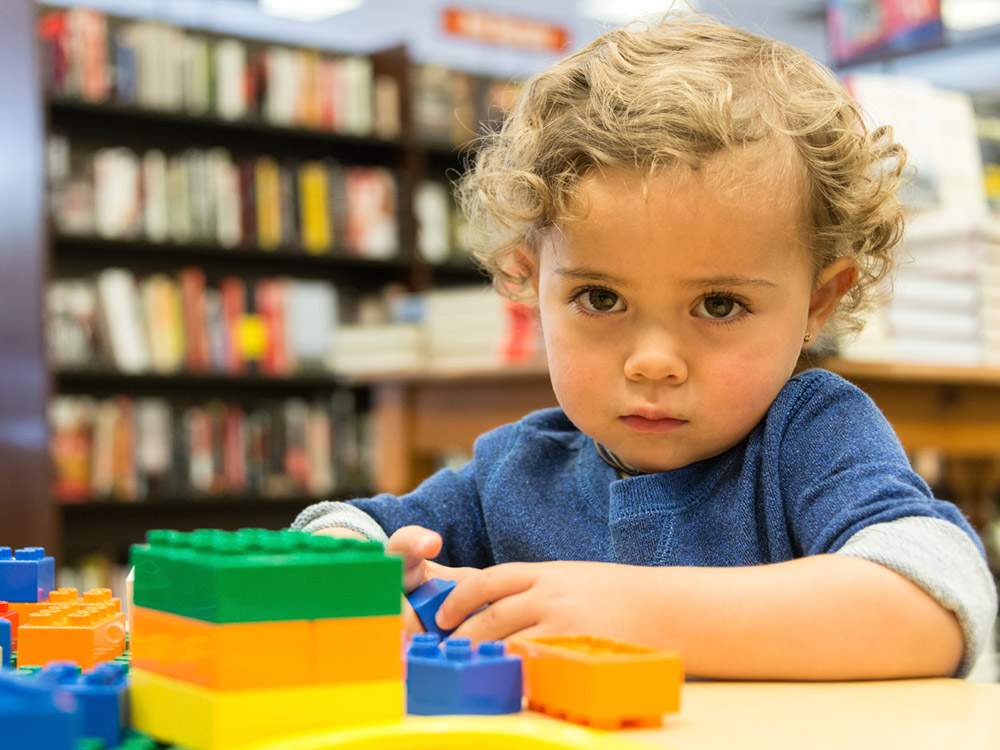Autism refers to development delay in a child in speech and behaviors. This condition mostly affects children up to the age of 18 months. Most children with this disease have the challenge of moving, learning, or even paying attention. It is noticeable as early as 3 months from the way a child responds to sitting.
Some of the cases are serious and a child needs full parental support while some are mild and manageable.
Major Causes
- Autism is hereditary meaning it is passed from one member of the family to the other. In addition to this, they can also pass from one generation to the other.
- Children born to older parents are at a high risk of being autistic.
- Some viral infections present at birth may affect the born baby.
- Children born with low birth weight tend to have issues arising from immunity and growth.
Signs and Symptoms

- A child who suffers from autism rarely responds to face-to-face communication such as smiling back and avoiding eye-to-eye contact.
- Secondly, a child might fail to respond to their name when someone calls them out. This is because their mind is far from what is happening at the moment.
- Children suffering from this do not spend much time with other children in either playing or interacting and prefer being loners.
- Delayed milestones such as neck stiffness at the early ages of 3 months, sitting without support, and walking on their own by age 2 years.
- They have challenges communicating either verbally or non-verbally and have repetition in their talking.
- Children with autism are often said to be emotionless. This means that they don’t differentiate between sarcasm or associate themselves with happy moments.
Treatment of Autism
- Consistent therapies with practitioners on autistic conditions such as behavioral therapy and school-based therapy.
- Training the family of the autistic parent on how to handle such a patient when communicating as they spend time with them at home.
- Administering some medications to the child helps the brain in trying to understand some things surrounding the affected child. These medications can syke up the child and enable them to be active with their peers.
- Have a well-balanced diet given to the child including more proteins such as eggs, beans, and milk.
- Mount Kenya University history, fees, courses
- Kenya Medical Training College, courses, requirements.
- List of Accredited Private Universities in Kenya
- The best private primary schools in Nyeri county.
- List of best private primary schools in Kirinyaga County.
- Egerton university, fees, location, courses.
- How is The Lenana Boy school and location?